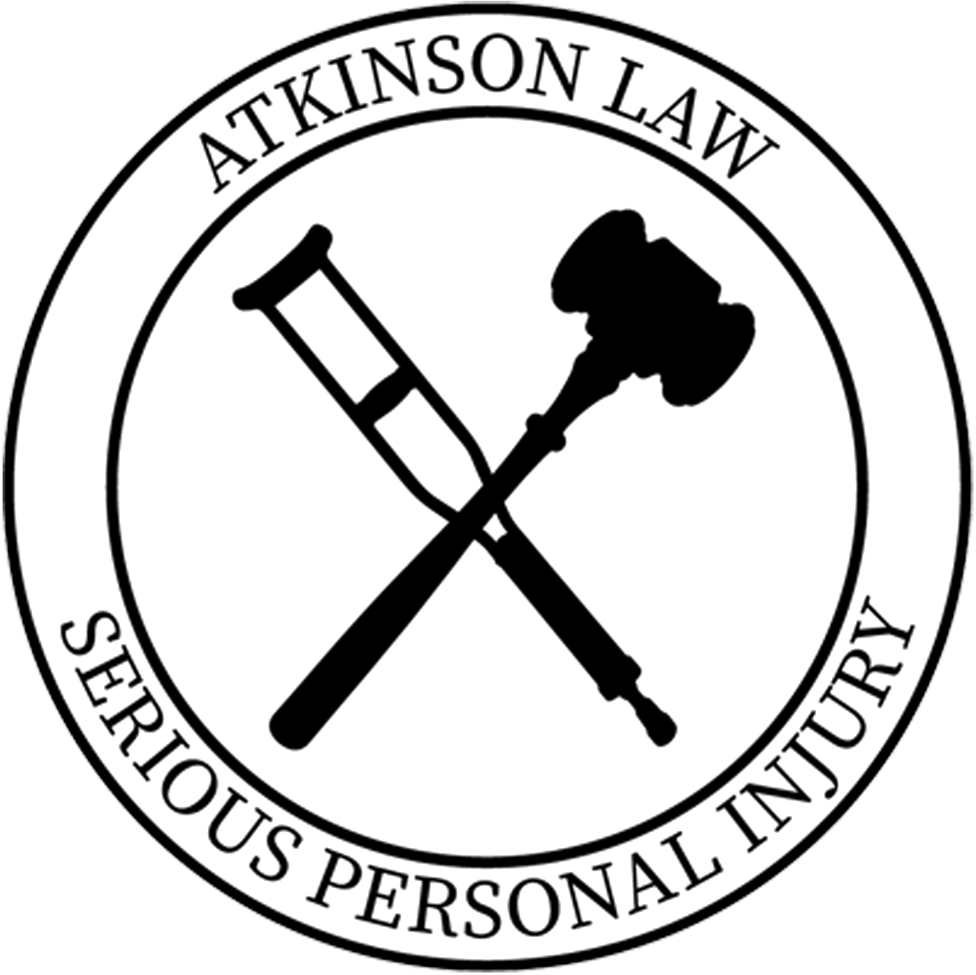
Nausea and vomiting after a car accident can be concerning signs that require immediate medical attention. These symptoms might indicate a brain injury, which can occur even without a direct hit to the head. They could also signal internal injuries, such as damage to the organs in the abdomen. Additionally, the body’s response to trauma can cause nausea and vomiting.
After you seek medical care, consult a Norfolk car accident lawyer to file a claim and recover all your losses. Your attorney will build an evidence-based claim that shows the full extent of your condition.
Traumatic Brain Injury (TBI)
Concussions in car accidents typically occur due to a sudden impact or jolt that causes the brain to move rapidly back and forth within the skull. This movement can happen even if the head does not directly hit an object.
The rapid acceleration and deceleration forces experienced during a collision can cause the brain to twist or bounce against the interior walls of the skull, leading to bruising, damage to blood vessels, and injury to the nerves.
This trauma disrupts normal brain function and can affect the areas responsible for regulating nausea and vomiting, such as the brainstem and the vestibular system. Additionally, increased intracranial pressure from swelling or bleeding can trigger the body’s vomiting center in the medulla oblongata.
Other symptoms associated with brain injury include:
- Headache
- Dizziness
- Confusion
- Memory loss
- Blurred vision
Being diagnosed with a brain injury can change your life forever. Common types of injuries after a car accident include coup and contrecoup brain injuries, diffuse axonal, and concussions.
Depending on the severity of your condition, you may need to make lifestyle adjustments, such as avoiding physically demanding activities. A personal injury lawyer will show how your condition impacts different areas of your life so you can get maximum compensation.
Get a free legal consultation
CALL 757-648-8579Internal Injuries
The impact of a car crash can cause the body to be thrown against the seatbelt, steering wheel, dashboard, or other hard surfaces, leading to blunt force trauma. Seatbelt compression can also lead to injuries in the abdominal region, while broken ribs from the impact can puncture organs.
Damage to internal organs, such as the liver, spleen, kidneys, or intestines, can result in internal bleeding. This can irritate the lining of the abdomen and increase abdominal pressure, which can stimulate the vagus nerve and certain brain centers, causing nausea and vomiting. Also, injuries to the gastrointestinal tract can affect its normal function, causing nausea.
Whiplash
A car accident can cause whiplash when the vehicle suddenly stops or changes direction, causing the neck to whip back and forth in a rapid motion. This movement overstretches the neck muscles and ligaments beyond their normal range of motion, resulting in injury.
This type of trauma can affect the vestibular system, which helps control balance and spatial orientation, leading to dizziness. Additionally, the pain and stress from the injury can trigger the body’s response to trauma, which often includes nausea and vomiting.
Contact our personal injury lawyers today
GET FREE EVALUATIONSpinal Injuries
The spine is particularly vulnerable because it supports the entire body and houses the spinal cord, which transmits messages between the brain and the rest of the body. During a collision, the spine may be twisted, compressed, or bent beyond its normal limits, leading to injuries such as fractures, herniated discs, or damage to the spinal cord.
This disruption can affect the autonomic nervous system, which controls functions like digestion and the body’s response to stress. As a result, the body may react with nausea and vomiting as a response to the injury. Additionally, spinal cord injuries can lead to changes in blood pressure and circulation, which further contribute to feelings of nausea.
Depending on their severity and location along the spine, spinal injuries can also result in pain, numbness, tingling, weakness, or even paralysis. Immediate medical attention is essential to assess and treat spinal injuries. Early intervention can improve outcomes and prevent further complications.
Psychological Trauma
The psychological effects of a car accident can significantly impact the body. The sudden and traumatic event can trigger the body’s stress response, leading to increased heart rate, rapid breathing, and tense muscles. These physical reactions after a car crash are part of the body’s natural way of preparing to deal with danger.
When experiencing stress, anxiety, or intense emotions, the body can react by activating the autonomic nervous system. This activation can lead to changes in digestive functions and increase sensitivity in the gastrointestinal tract, resulting in feelings of nausea.
Compassionate Legal Support from a Car Accident Lawyer
If you experience nausea and vomiting after a car accident, seek immediate medical attention. Different types of injuries or psychological distress can cause these symptoms. Also, consult an experienced car accident attorney to recover compensation after the crash.
I, Ed Atkinson, believe that everyone should have access to quality legal support. If you can’t visit me at the office but want to meet in person, I will drive to your location. Whether you are recovering at the hospital or in the comfort of your home, we can discuss the details of your case at your convenience. Call today for a free consultation.
Call or text 757-648-8579 or complete a Free Case Evaluation form
CONTACT US TODAY